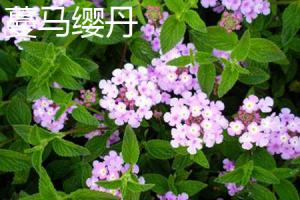Can You Put Worms in Your Potted Plants?
If you're into gardening or love to keep indoor plants, you're probably familiar with the term vermicomposting. Vermicomposting is the practice of composting using worms to create nutrient-rich soil. Worms are the key to the process, as they break down organic material, such as food scraps or garden waste, into a rich, dark soil called "castings."
The Benefits of Adding Worms to Potted Plants
Adding worms to your potted plants can be beneficial in many ways. Not only can worms help compost your organic waste, but they can also improve soil aeration and nutrient availability. Worms burrow through soil, creating channels that allow air and water to flow through and nourish plant roots. Additionally, as worms digest organic material, they excrete a nutrient-rich substance that plants can absorb and thrive on.
The Best Worms to Use for Potted Plants
When it comes to adding worms to your potted plants, not all worms are created equal. Two types of worms are commonly used in vermicomposting and are suitable for use in potted plants: red wigglers and European nightcrawlers. Red wigglers are the most popular type of worm to use in vermicomposting, as they are speedy decomposers and can tolerate a range of conditions. On the other hand, European nightcrawlers are larger and more robust, making them a great option for outdoor potted plants. Both worms are available for sale online or at local garden centers.
How to Add Worms to Your Potted Plants
Before adding worms to your potted plants, you'll need a few things: a container to hold compost, bedding material (such as shredded newspaper or cardboard), and the worms themselves. Start by filling the container with bedding and adding a small amount of organic material for the worms to feed on. Then, add your worms and cover them with more bedding. Be sure not to overfeed your worms, as this can cause the compost pile to become too acidic or moist.
Final Thoughts
Adding worms to your potted plants can be a great way to improve soil health and grow healthier, happier plants. If you're new to vermicomposting, it's important to do your research and start slowly. With a little patience and the right materials, you'll soon be on your way to creating nutrient-rich compost and thriving potted plants that will make any green thumb jealous.

 how many times do yo...
how many times do yo... how many planted tre...
how many planted tre... how many pine trees ...
how many pine trees ... how many pecan trees...
how many pecan trees... how many plants comp...
how many plants comp... how many plants can ...
how many plants can ... how many plants and ...
how many plants and ... how many pepper plan...
how many pepper plan...
































